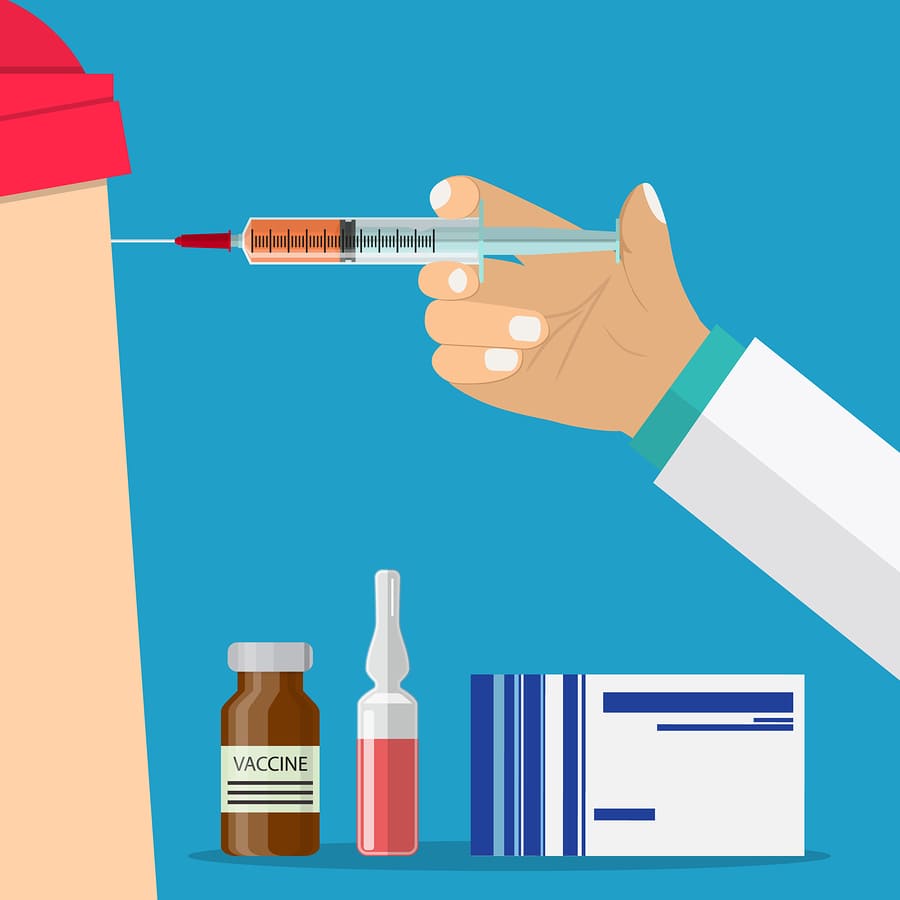With all of the attention through the news media, social media platforms and the scientific community, there’s a question that has garnered much attention as well: can parents who refuse to vaccinate their children be held criminally liable if something happens? Hummingbird Law’s Family Lawyers Toronto team sat down to try and answer it.
The debate over whether vaccinations should be mandatory
Most of the vaccines available should be mandatory. The way things are currently, an unvaccinated child can become a deadly peer to a child suffering from any autoimmune deficiencies. If an illness or virus is spread among classroom peers, it can be extended to social groups outside of school; whether it be learning groups or sports team. Which in turn can spread it to other schools, in other regions. Ultimately affecting more children.
Additionally, as a society we require herd-immunity in order to be protected. The means that there needs to be a resistance to the spread of contagious disease within a population. This is caused by a sufficiently high percentage (usually between 84% and 93%) of individuals being immune to a disease, and is often achieved through vaccination efforts. When people refuse to be vaccinated, or refuse to vaccinate their children, it enables viruses to form in a mutated version that can beat the vaccine trying to eradicate it.
On the other hand, the largest argument against mandatory vaccination is that if the government were to step in fully and make every vaccination mandatory, they could open the floodgates. With this, or so the argument presents, the government could mandate further invasive procedures in the future claiming that it would be “in society’s, and your own, best interest.”
Criminal, or civil, ramifications for vaccinations and infections
What if a child becomes permanently disabled from contracting measles or rubella? Or worse, what happens if they die? Is there civil liability for bodily harm caused to a child, and would criminal liability really be out of the question?
The way our current laws are set up, intentionally infecting someone with a sexually transmitted infection (STI) can be a criminal – or in a lesser extent, civil – offense. Willful blindness to, or intentional infection, of a serious STI is a criminal offense. Also, intentional ‘bioterrorism’ against one or more individuals (with a substance such as anthrax) is a serious international crime. There is merit to these laws, because the infections result in a lifelong negative impact.
This of course may be seen completely different than a case of the measles, or rubella. But there are similarities that can be made between the serious offenses and the infections that the unvaccinated can develop. As these deadly viruses can also cause permanent disabilities, sensory impairment and obviously, death.
Yet, the implications are often uncharted. It has yet to be thought to challenge an infection of diphtheria, whooping cough, measles or mumps with criminal action or civil lawsuit. While now, this action may seem ridiculous and outlandish but blindness to unequivocal scientific proof could soon be received as intentionally exposing society to a great harm. Which would allow the anti-vaccination movement to be seen in the same light as willfully infecting others with other forms of disease.
The verdict
The medical and legal systems that we have in place are preventative ones. This means that they aim to prevent danger from happening, as opposed to treating it when it arrived. We prohibit the sale of alcohol and cigarettes to minors to prevent the potential for abuse and addiction. We do not punish people for the consumption of illicit substances; we punish them for possession of the illicit substances. When someone has chronic pains, we preemptively screen for more unlikely yet serious illnesses so that we can catch them before they develop; we do not wait for them to occur.
Is it really that hard to believe we could punish those who choose to remain unvaccinated if they cause serious harm or death to another as a result? Besides, might punishing them be the right, and preventative, thing to do?

